Mosgordum approved the bill on control using cameras and drones
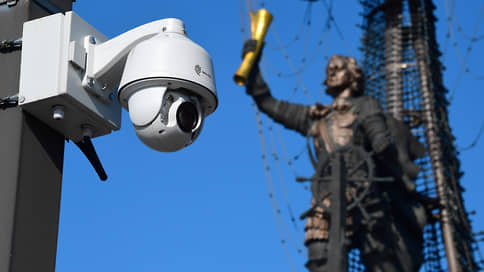
The Moscow City Duma proposed amendments to federal legislation, allowing the capital’s authorities to use cameras, unmanned vehicles and neural networks to control urban economies, architectural monuments, construction sites. Initially, the deputies wanted to fine the owners of these objects in the same way as violators of the SDA – automatically, without a protocol, but they eventually abandoned the objections of the Government of the Russian Federation.
On April 16, the Moscow City Duma at the glider meeting approved the draft resolution on introducing amendments to the State Duma to the Law “On the Status of the Capital of the Russian Federation” and the Code of Administrative Offenses of the Russian Federation. The bill will allow the metropolitan authorities to use various “technical means”, including to control the state of architectural monuments, construction, green spaces, for the implementation of municipal housing control. In total, 13 blocks of various violations are mentioned in the materials.
Owners and owners of buildings, objects, premises and other objects falling under control will be punished.
According to explanatory materials, “technical means” are understood as cameras of the city video surveillance system, unmanned vehicles, “neural networks complexes, Laser Laser Lidar, infrared spectrometry”. The exact list and procedure for using the equipment will be set later by a separate by -laws.
The association of the Moscow administrative and technical inspectorates previously said that they had already tried to write out fines for the inspector for the inspector for the inspector for the roofs of residential buildings, which were not cleaned from vessels (from photography), but the courts then canceled these decisions due to the lack of legislative possibilities. The explanatory materials for the amendments also mention the Decree of the Plenum of the Supreme Court of 2019, prohibiting the initiation of cases in automatic (without drawing up the protocol), if the camera used is not certified as a “means of change”, is not verified and is not equal to the “technical means working in automatic mode”. Road chambers fixing traffic violations correspond to these conditions, but the rest of the “technical means” that are at the disposal of the capital’s authorities are not.
Initially, the deputies planned that the decisions on violations mentioned in the bill would be issued according to the scheme similar to the “letters of happiness” from road cameras (without making the protocol), the head of the parliamentary commission on the legislation, Alexander Semennikov (EP), performing in the Mosgordum. The relevant norms were recorded in the draft amendments to the Code of Administrative Offenses of the Russian Federation, which was made to the Moscow City Duma at the end of 2024 (see « Kommersant » dated December 10, 2024). But the Government of the Russian Federation opposed this, the Moscow City Duma agreed with comments.
The violations recorded with the help of “technical means” will be formalized in a “conservative form”, Mr. Semennikov explained.
“Materials will receive an official, inspector, for example, a photograph of icicles on the cornice of the house,” the deputy explained. “And he will make the final decision.” The innovation lies in the fact that the inspector of the controlling body will not necessarily go to the object – there will be enough photo, video (or other data) from the “technical means of control”, the deputy explained.
During the parliamentary hearings, the deputy of the Moscow City Duma Elena Yamshchikova (SRZP) gave an example from her district in the area of Perovo, where since 2019 the Slava cinema was supposed to be restored. The audit of the Moscow City Condition, conducted in March 2025, showed that its owner does not conduct any work. “With remote control, the violation could be seen earlier,” concluded the Lord Yamshchikova.
Now, as “Kommersant” explained to Mr. Semennikov, the draft amendments will again be sent to the Government of the Russian Federation to receive a second conclusion, and only then will be entered into the lower house of parliament. The estimated date of entry into force of the document is September 1, 2026.


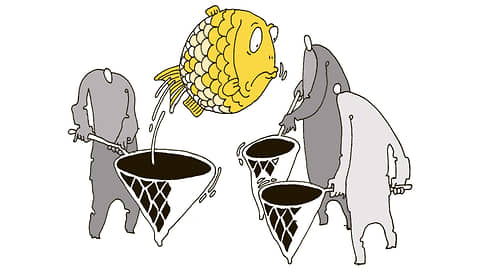
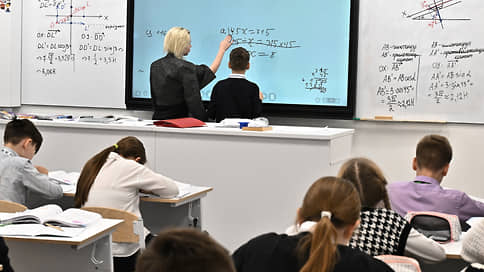


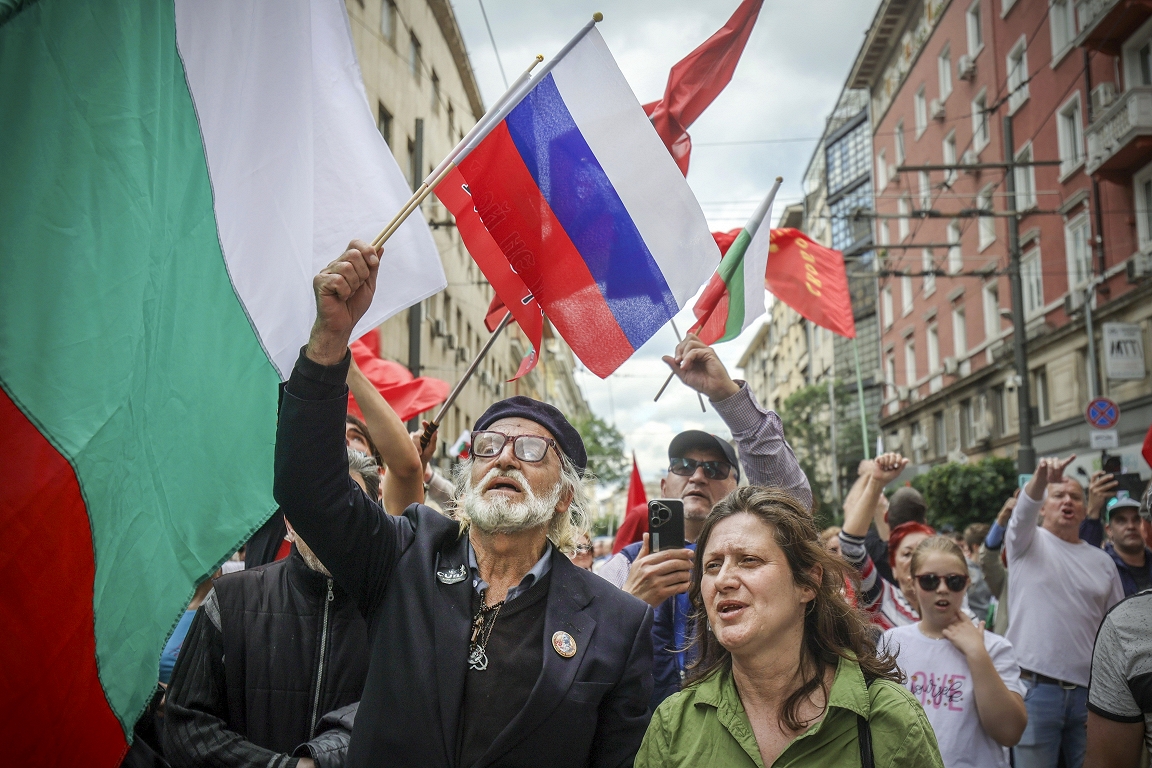
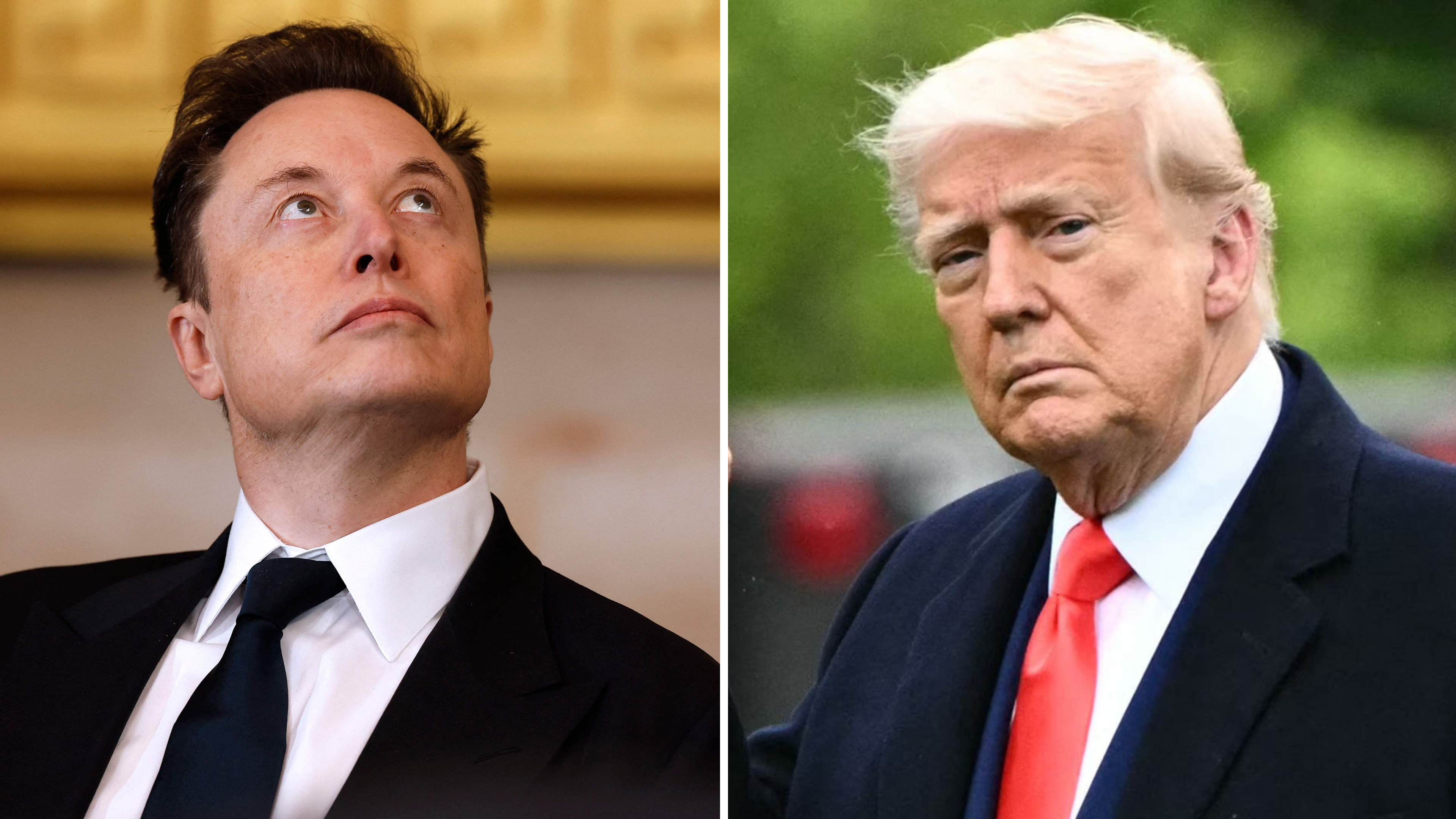
:format(webp)/s3/static.nrc.nl/images/gn4/stripped/data133019127-62bec8.jpg)